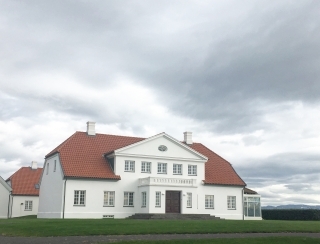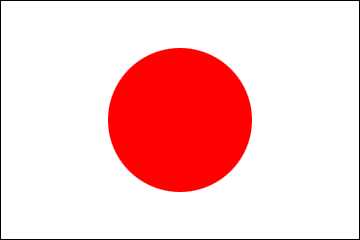From Ambassador (2024 Icelandic presidential election)
2024/5/29

As a republic, Iceland has no hereditary king or queen, but instead has a president. As a parliamentary democracy with a cabinet system, the real power in national government rests with the parliament (Alþingi) and its majority forms a government. However, the president's initiative is sometimes expected at difficult moments in national politics, such as the nomination of a leader after parliamentary elections. Although rarely exercised, the president may play a political role beyond that of a symbolic head of state, including the power to refuse to sign bills and treaties voted on by parliament and put them to a referendum.
The president is elected by direct vote of the people for a four-year term. There is no provision against re-election.
At the time of writing, the President is H.E. Guðni Th. Jóhannesson, who is in his second term since taking office in 2016, but earlier this year he made it clear that he would not seek re-election for a third term[1].
Consequently, this year's presidential race is a mixed bag, with 12 presidential candidates in the running. Katrín Jakobsdóttir, who resigned as Prime Minister to run for the presidency, was seen as the strongest candidate, but the results of the latest polls show that other candidates are also putting up a good fight, and the outcome is unpredictable.
The election will take place on 1 June, with results expected by the following 2 June[2].
The president is elected by direct vote of the people for a four-year term. There is no provision against re-election.
At the time of writing, the President is H.E. Guðni Th. Jóhannesson, who is in his second term since taking office in 2016, but earlier this year he made it clear that he would not seek re-election for a third term[1].
Consequently, this year's presidential race is a mixed bag, with 12 presidential candidates in the running. Katrín Jakobsdóttir, who resigned as Prime Minister to run for the presidency, was seen as the strongest candidate, but the results of the latest polls show that other candidates are also putting up a good fight, and the outcome is unpredictable.
The election will take place on 1 June, with results expected by the following 2 June[2].
[1] In previous Icelandic presidential elections, where the incumbent is seeking re-election, the election has been largely uneventful and the incumbent has been elected. President Guðni's predecessor, Ólafur Ragnar Grímsson, held the presidency for five terms and 20 years, from 1996 to 2016. This is the longest in Icelandic history.
[2] In some countries, if the top candidate does not receive 50% of the votes, a run-off vote is held for the top two candidates at a later date. But in Iceland, there is only one presidential election round.
